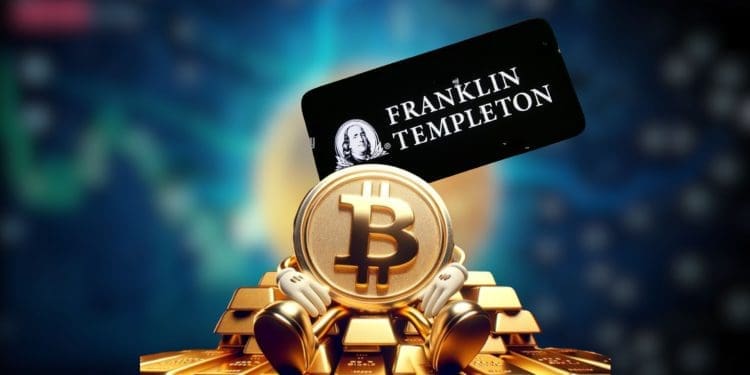- Developing nations are already adopting Bitcoin as a tool to compete with larger economies, and this trend will continue with Bitcoin becoming part of every nation’s reserves.
- Bitcoin is gaining mainstream adoption through investment products like ETFs that make it easy for investors to gain exposure. Despite the recent crypto winter, Bitcoin remains a top performing asset over the past decade.
- In the future, crypto will unlock new benefits for users, with programmable money becoming deeply integrated into financial lives.
Bitcoin is set to be adopted by developing countries and eventually held by all national treasuries, according to a leading asset manager.
Developing Nations Lead the Charge
According to Sandy Kaul, Head of Digital Asset & Investor Advisory Services at Franklin Templeton, Bitcoin is already an attractive tool for less developed nations to compete with larger economies. By combining their buying power around the digital currency, these countries can operate on a more equal footing.
Kaul believes this trend will continue, with Bitcoin becoming an essential part of every nation’s reserves. She argues that while Central Bank Digital Currencies may facilitate efficient cross-border trade, they are still subject to forex risks. In contrast, Bitcoin can act as a common base currency that removes this friction.
Mainstream Adoption Through Investment Products
In addition to its role in global finance, Kaul sees Bitcoin gaining mainstream adoption via investment products. Franklin Templeton is one of several firms seeking approval for a Bitcoin Exchange Traded Fund in the US.
By wrapping Bitcoin in an ETF, it can more easily find its way into investor portfolios. Despite the recent crypto winter, Kaul calls Bitcoin one of the best performing assets of the past decade. As an alternative asset class, it provides portfolio diversification and improved risk-adjusted returns.
The Future of Money
Looking ahead, Kaul believes crypto will unlock a range of new benefits for users. In her vision, the money in people’s accounts will act like loyalty programs, unlocking various rewards and perks. This hints at a future in which programmable money becomes deeply integrated into our financial lives.














